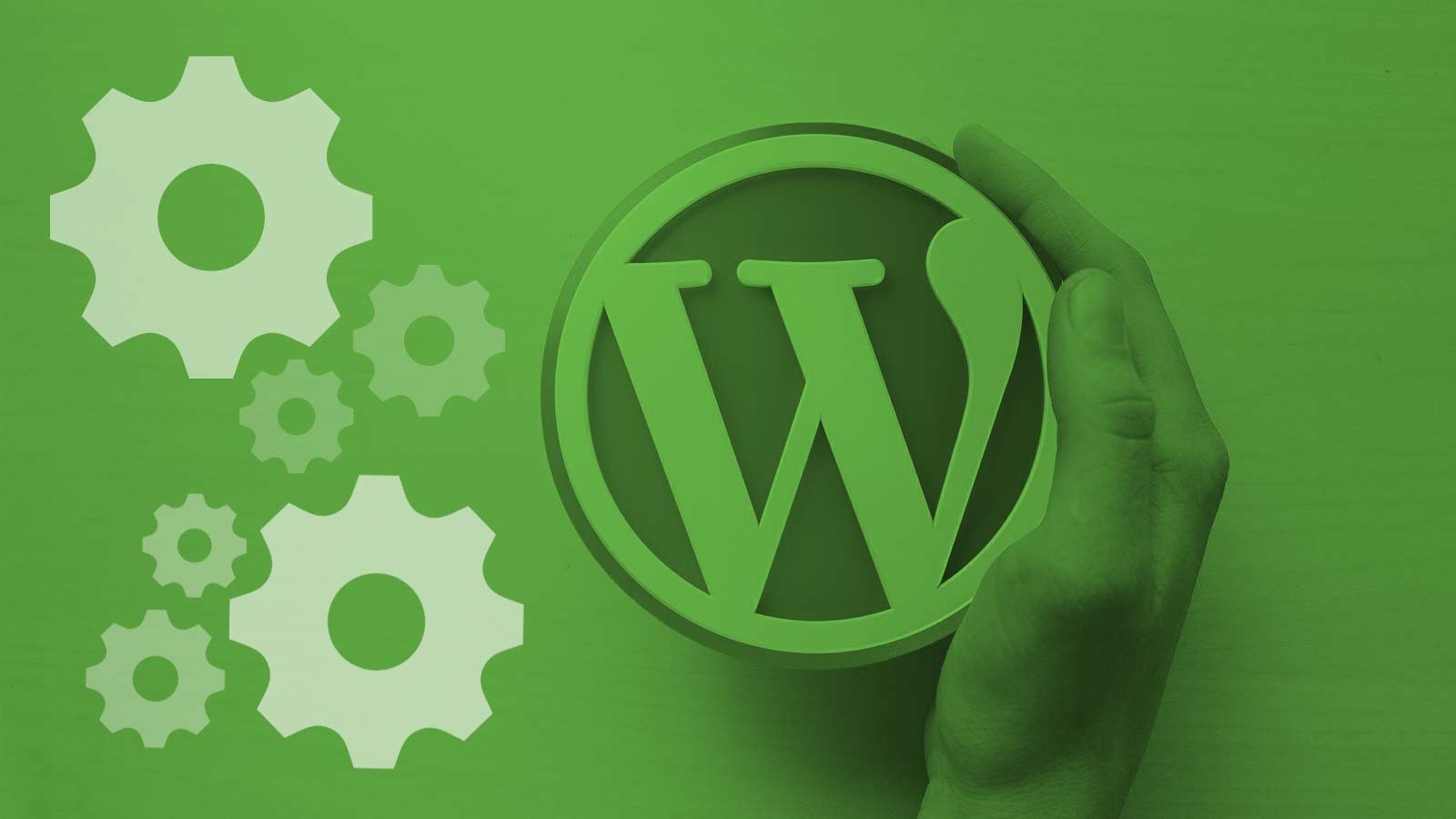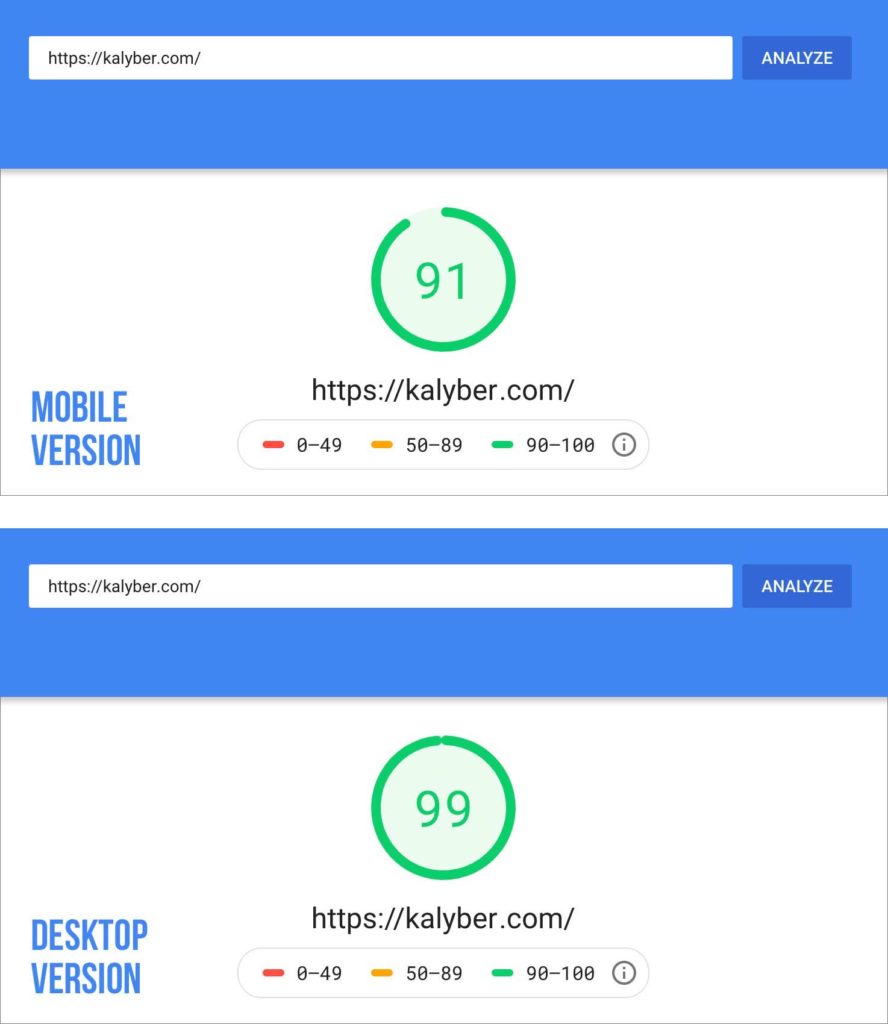
WordPress for the Enterprise — A Guide for Marketers
Marketers need a scalable, flexible, and reliable web presence to be competitive. Traditionally, that means an expensive, enterprise grade, proprietary CMS from the Gartner Magic Quadrant. What if there is another way — WordPress for enterprise.
I get it. IT doesn’t approve such platforms without some sort of SLA. WordPress doesn’t have support. It isn’t secure and it’s used for blogging about cats. Except it’s not — Here’s why:
- About 38% of websites run on WordPress.
- You’re in good company with WordPress powering TechCrunch, The Walt Disney Company, Sony Music, and many more.
- Secure, scalable, and flexible.
- Frequent updates.
- Reduced total cost of ownership.
Did you know that WordPress runs more of the top 10K websites than any other CMS? Not too shabby. Let’s take a journey through the misconceptions of WordPress in the enterprise. Then discover ways WordPress can help marketing efforts.
Open source and free
WordPress being open source causes many to consider it unfit for the enterprise. Open source software is taking over the world. You are likely reading this on a browser based on Google’s open source software. Google, Microsoft Edge, Brave and many other web browsers use this software.
NASA relies on their open source software library. If it’s used for literal rocket science, I would argue that’s in the plus column.
According to RedHat’s 2020 The State of Enterprise Open Source even your IT team would approve. 86% of IT leaders say the most innovative companies are using enterprise open source software.
Open source is no longer a liability. It is a competitive advantage.
It’s true. WordPress does not have a licensing cost. That doesn’t mean you can set it up and leave it. There is a cost of maintaining all enterprise CMS platforms. WordPress is no different.
Reliability and stability
Another misconception is that WordPress isn’t reliable or stable enough for enterprise needs. According to a survey from WPEngine WordPress use in the enterprise has grown faster than any other CMS. While Adobe Experience Manager still is the most common at 68% usage, WordPress has 66% usage.
There are challenges to accomplish good reliability and stability. Those challenges exist for any CMS. You have to have the right hosting. You need a partner with WordPress expertise in enterprise settings at scale.
Security and hackers
Having a WordPress site hacked seems like a common occurrence. According to a report by WP WhiteSecurity, 70% of Alexa Top 1 Million sites that use WordPress are vulnerable to hacker attacks.
Look deeper and you’ll find the cause is likely due to lax security protocols within an organization. Security vulnerabilities occur for the following reasons:
- Old versions of WordPress or plugins with known vulnerabilities.
- Poorly developed and maintained plugins.
- Outdated themes.
- Self-hosting that without proper security.
- No strong password requirements.
- Poor coding practices.
WordPress isn’t less secure than other options. Security requires maintenance and procedures within an enterprise organization. WordPress requires care and attention like all the rest of the software used.
There are 50 experts on the WordPress security team — 25 are employees. Security is a major focus of WordPress. Frequent releases fix security vulnerabilities that are found. A large team with open code means more security reviews than other enterprise CMS platforms.
Scale for website traffic
WordPress is for small sites. It is understandable to come to that conclusion. WordPress makes it easy to start a website. It is a wonderful solution for small businesses, freelancers, and others. WordPress is more than capable at a large scale.
WordPress has at least 50% of CMS market share with over 27 million live websites. The diversity of WordPress is a strength. WordPress can scale for enterprise needs.
Some of the largest websites and online publishers use WordPress. The New York Times and Wired both use WordPress. A list of 130 big brand websites includes some of the best-known brands in the world — all using WordPress.
Blogging and more
WordPress started its life as a blog platform. Today, it’s so much more. Large publishers are able to use WordPress to deliver news and create communities.
Enterprise companies use WordPress for marketing. Corporate websites that integrate with marketing automation, chatbots, and more. A blog to drive traffic from search engines. Everything is possible.
Flexibility
Doesn’t WordPress use themes? Aren’t the themes cookie cutter and generic? We wouldn’t buy an inexpensive theme for our marketing. You don’t have to with WordPress.
Custom themes can do anything. WordPress can support any design. You aren’t confined to what is available. A knowledgeable partner will get the same results you expect from any enterprise CMS.
Plugin management
Plugins are a blessing and a curse. The great plugins enable complex functionality in a few clicks. The bad plugins make your site vulnerable and slow.
Plugins, like themes, are customizable. For example, custom plugins created to match your marketing needs. Also, experienced WordPress users have tested and validated the best plugins. They know which to avoid and which will help you accomplish your goals.
Performance and SEO
WordPress gets a bad rap on performance. A picture is worth a thousand words.
The pics show results from Google Page Insights. This is important. As of June 2021, speed is a factor in search result rankings. The Kalyber website is using WordPress hosted at WP Engine.
When implemented correctly, WordPress can match the speed and performance of any enterprise CMS. Mobile and performance are more important in Google rankings than ever. WordPress delivers the ability meet the needs of SEO professionals.
Enterprise WordPress is more complex than our site. The same techniques we use to optimize WordPress are scalable. You can achieve the same speedy website and put slow loading pages in the past.
Updating
At Kalyber we’ve worked with most enterprise CMS/Digital Experience Platforms. Adobe Experience Manager and Sitecore are a couple of examples. All the platforms release updates multiple times per year. WordPress is no different.
A big advantage for WordPress is how easy it is to setup. Easy setup makes testing updates faster. Updates in WordPress install quickly and provides great backwards compatibility.
Benefits of WordPress in the Enterprise for Marketers
As marketers we are often tasked with doing more with less. Here’s how WordPress can help you achieve your goals.
Lower cost of ownership
WordPress has no license fees. Other enterprise platforms have large annual licenses, costing over $100,000 per year. What would you have to do to increase your marketing budget by that amount? Click To TweetYou still need a team to support your website. Proprietary enterprise systems have fewer experts available, at a higher cost. There are more WordPress experts available due to its popularity and its open source nature. From a budget perspective, you can expect a lower cost for an equivalent solution.
Plugins are a way that WordPress helps preserve more of your budget for marketing. Being able to add functionality without a large development effort is a big win.
WordPress can help make your budget go further.
Integrate with all your marketing tools
One of the best aspects of WordPress is that it isn’t an all-in-one solution. Whether you use Marketo, Pardot, MailChimp, or HubSpot for marketing automation, WordPress can work with it.
WordPress is a perfect choice for your SEO efforts. As shown, it runs fast on desktop and mobile. Plugins can help editors ensure they are following best practices for SEO while they are writing.
You can add new tools for your marketing over time and when you are ready. Never worry about spending money when you aren’t using features. Add your marketing stack on your timeline:
- A/B Testing.
- Analytics.
- Chat Bots.
- Account Based Marketing.
- Attribution.
- Experience Optimization.
Enterprise Digital Experience Platforms can be great. If you’re embedded in a vendor’s cloud ecosystem it can be the right choice. If you’re using all the features on day 1 it makes sense. Otherwise, WordPress for your enterprise needs is a contender.
Optimized for Editors
WordPress provides many different options for creating content. You can use a visual editor or more streamlined editing experiences. As with any modern enterprise CMS you can define content types for speed and consistency.
Headache free hosting
There are several vendors that offer hosting geared toward WordPress in the enterprise. Kinsta, WordPress VIP, and WP Engine to name a few.
IT is often dealing with many aspects of supporting a business. The workload makes it difficult for them to prioritize marketing. The hosting options for WordPress can give IT peace of mind and a say in how it works. They all offer support and varying service level agreements.
A win win. Marketing is able to what they need in a timely manner. IT can know that there is a solid support structure in place.
Headless support
We’ve all heard the term headless CMS. It provides the promise of publishing content across different channels from a central platform. WordPress has support for running as a headless CMS. Some of the largest WordPress sites take advantage of this feature today.
Final thoughts
Trends show that open source and WordPress specifically are growing in the enterprise. WordPress is a fast, flexible, secure, scalable solution for your marketing needs.
WordPress should be on your shortlist when considering a new CMS platform. Need more info or have questions? Let’s chat.



